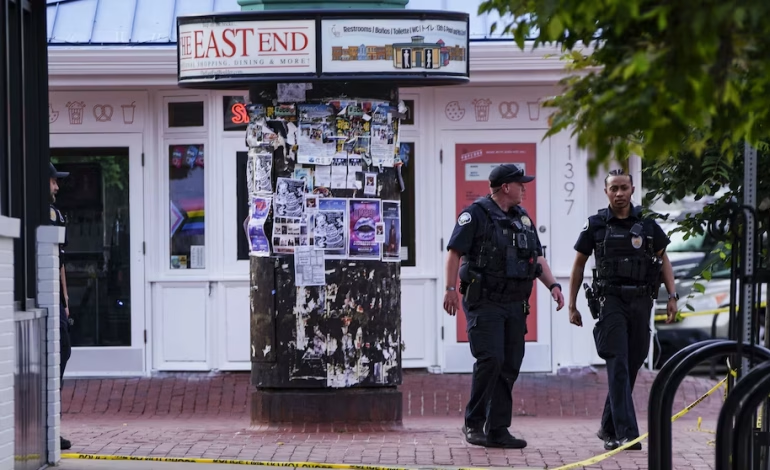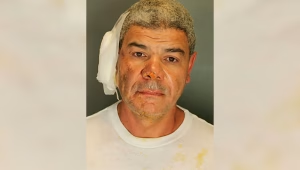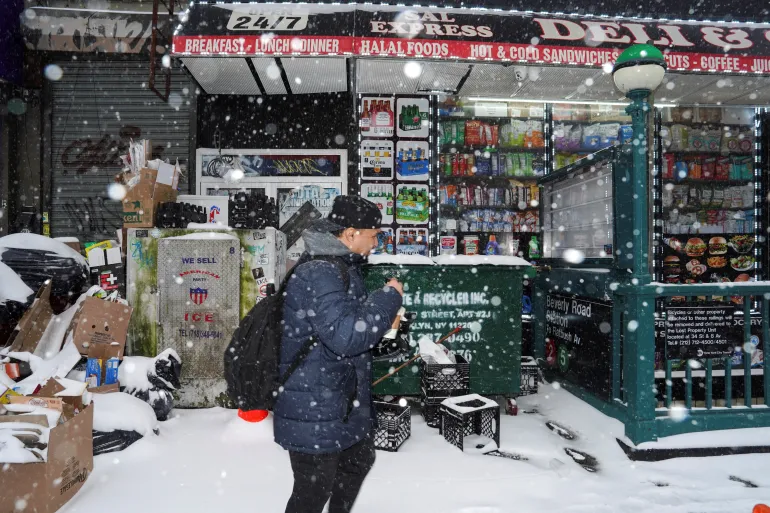EXCLUSIVE: Boulder Firebombing Highlights Legal Gaps, Rising Extremism Amid Middle East Tensions


What began as a walk to raise awareness for Israeli hostages held by Hamas erupted into horror in early June when Molotov cocktails were hurled into the crowd gathered at Boulder’s Pearl Street Mall. The FBI has charged 45-year-old Mohamed Sabry Soliman, an Egyptian national, with multiple felonies including attempted murder and a federal hate crime in what investigators have called a “targeted act of violence.”
Fifteen people were injured in the attack. Eyewitnesses say Soliman was heard shouting “Free Palestine” and “End Zionist” as the flames erupted. The FBI, Department of Justice, and Colorado officials have uniformly condemned the attack as an act of terror, with U.S. Attorney General Pamela Bondi vowing full prosecution and calling the assault “vile anti-Semitic violence.”
In the wake of the attack, Wyoming Star spoke with David Zimmermann, Senior Research Fellow at the Program on Extremism at George Washington University, to better understand how incidents like this are classified, prosecuted, and connected to a rising wave of ideologically motivated violence over the tensions in the Middle East.
Wyoming Star: How do federal agencies determine when an act qualifies as terrorism, and what criteria were likely considered in classifying the Boulder attack as such?
Federal law enforcement agencies are fact-finders and they take the facts from the evidence and interviews they collect and see how those prove elements of certain criminal violations. They then present this to a Department of Justice prosecutor for the final decision on charging.
In the case of the Boulder attacker, the charge is violation of the federal Hate Crimes Prevention Act. Regarding terrorism charges, there are no specific domestic terrorism violations and the international terrorism violations require there to be a designated terrorist organization behind it (that the subject is supporting or acting on behalf of).
I opine that the quickest charge at this time, for the Boulder attacker, is the violation of the Hate Crimes Prevention Act. If the FBI discovers the attacker was funded by or armed by a designated terrorist group, superceding charges can be added later.
Wyoming Star: How does the use of incendiary devices like Molotov cocktails impact the legal categorization and prosecution of such attacks?

Source: Boulder Police Department
Such weapons can be considered illegal explosives and their use is a felony. Soliman’s use of Molotov cocktails is specifically mentioned in the affidavit for the complaint.
The fact that the materials used to create the Molotov cocktails traveled interstate/via foreign commerce helped solidify this case as a federal case.
As you know, federal sentences are often harsher than state/local sentences. According to the statute for Title 18 U.S.C. Section 249(a)(1) cited in the affidavit, it is a felony for someone to willfully cause (or attempt to cause) bodily injury to any person through the use of fire, a firearm, a dangerous weapon, or an explosive or incendiary device because of actual or perceived race, color, religion, or national origin of any person.
Wyoming Star: How do escalating global tensions around the Israel–Palestine conflict influence the risk of ideologically motivated violence in the U.S.?
The Israel-Hamas war that began on October 7, 2023 has had a profound impact on ideologically motivated extremism. We are witnessing a rising trend in antisemitism post-October 7th. We are seeing communities impacted by antisemitic violence and we are seeing increased radicalization of extremists. The Boulder attack is one example.
The 21st May attack in DC where two Israeli Embassy employees were brutally murdered is another example. In both crimes, “Free Palestine” was yelled by the attackers. Encouraged by some university faculty and praised by Hamas and Iran, thousands of American students have been chanting this exact phrase at protests and rallies on campuses across the country since October 8, 2023.
For many, this chant is not simply an innocuous call for Palestinian self-determination or a vision for a two-state solution. For many, the chant “Free Palestine” promotes the idea that the entire country of Israel should be only a Palestinian state, free of Jews – a call for genocide.
Editor’s Note
What were once distant ideological battles are now playing out in American streets and on college campuses. The attack in Boulder highlights how global conflicts are fueling violence at home, testing the boundaries of U.S. hate crime laws. As prosecutors pursue federal charges, the incident raises urgent questions about rising extremism and the growing threat to peaceful public assembly nationwide.









The latest news in your social feeds
Subscribe to our social media platforms to stay tuned